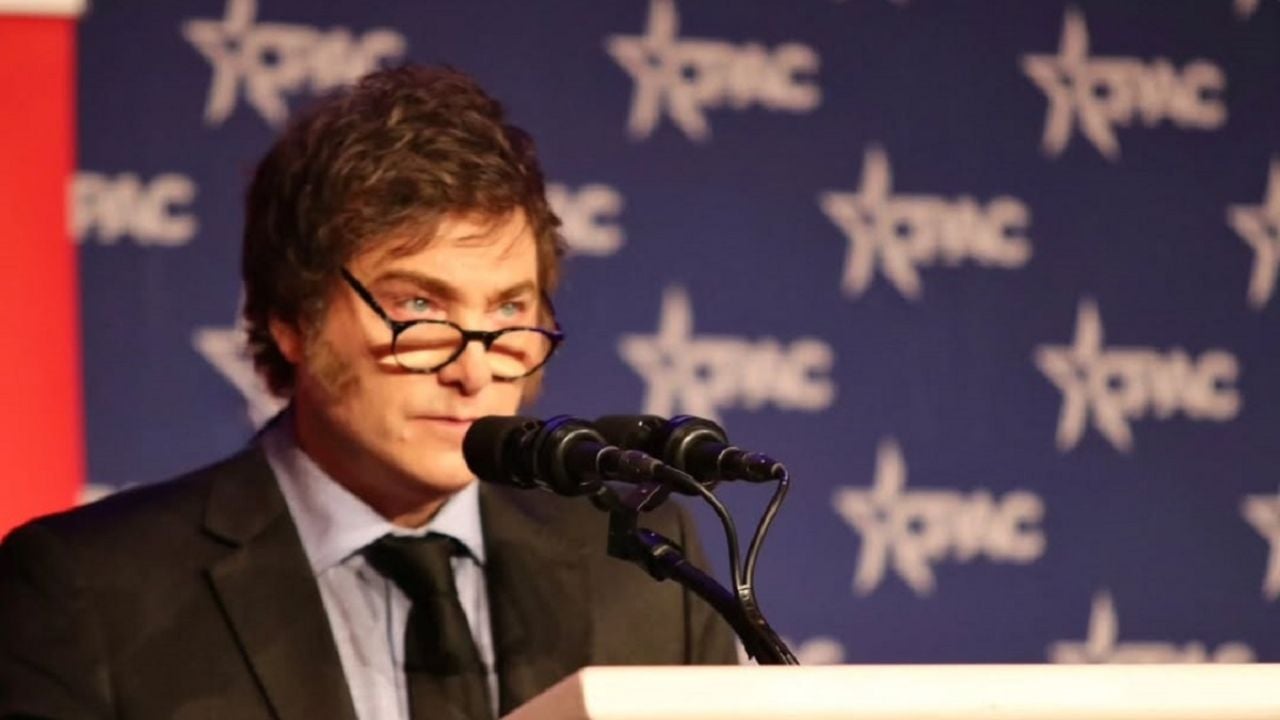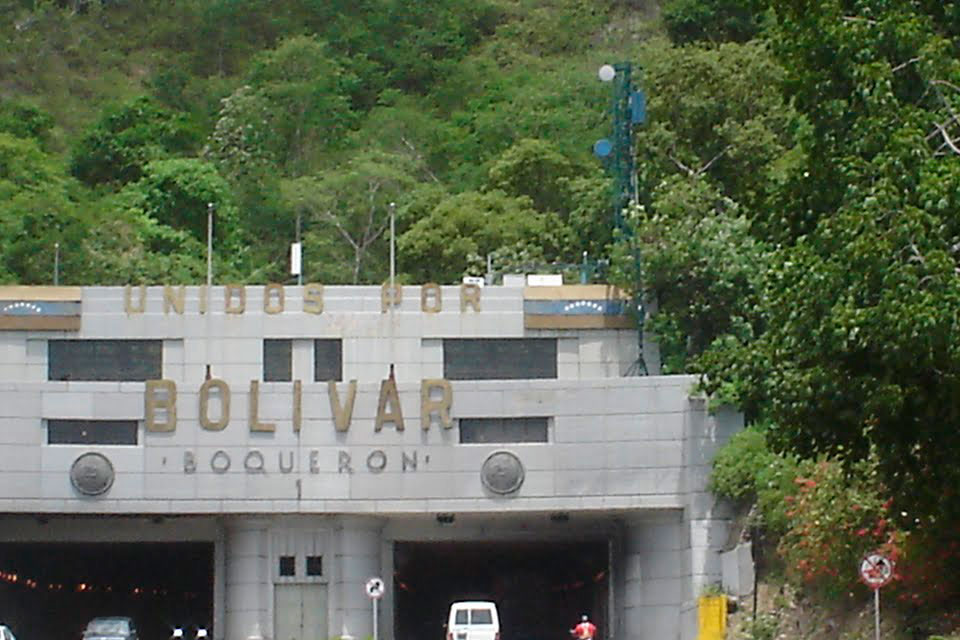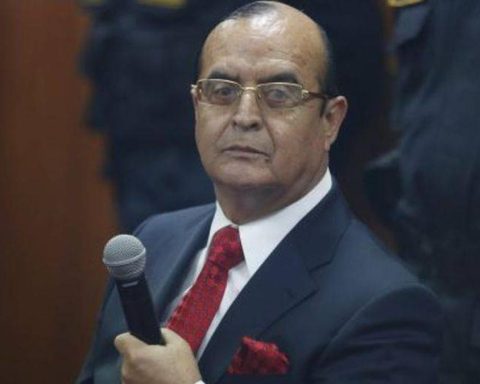The President Javier Milei He has announced a new decree that aims to eliminate, merge or transform more than 50 state agencies before the end of February. This initiative is part of its strategy of deregulation and reduction in the size of the State, following the same approach to Decree 70/2023, which had already generated a strong impact in various areas.
From his assumption, Javier Milei It has promoted a series of structural reforms in order to reduce public spending and simplify current regulations. In December 2023, he signed Decree 70/2023, which repealed and modified numerous laws, affecting key areas such as housing, health, work and environment.
This decree was received with diverse reactions, including protests and resistance in some sectors. The new decree, which is expected to have the number 70/2025, seeks to continue with the reduction of state size and the elimination of organisms considered unnecessary.
According to Mileiapproximately 60% of the affected organisms will be eliminated, while the rest will be subject to structural modifications. Among the agencies that could be affected are the National Civil Aviation Administration (ANAC), the Transportation Security Board (JST) and the regulatory body of the National Airport System (ORSNA).

The Minister of Dregulation and Transformation of the State, Federico Sturzenegger, is in charge of the drafting of the new decree. During the week, he has been working intensely at Casa Rosada along with other key officials, such as Presidential Advisor Santiago Caputo and the Secretary of State Transformation and Public Function, Maximiliano Fariña
The objective is to have the decree ready between the next 10 and 15 days, that is, before February ends. The government expects the elimination of these agencies to allow a significant savings of resources that may be redirected to priority areas such as safety, education and health.

Decree
Besides, Javier Milei He has mentioned that the decree will include the repeal of current laws, resolutions and regulations, with the aim of simplifying the Argentine regulatory framework. Currently, the country has 27,000 laws, 70,000 decrees and 200,000 resolutions and circular, many of which the president considers obsolete or unnecessary.
Government measures have generated various reactions. While some sectors support the initiative as a necessary reform to improve the efficiency of the State, others have expressed concerns about the impact on public employment and the provision of essential services. The unions and some politicians have expressed their discontent, arguing that the elimination of organisms could negatively affect workers the quality of the services offered.
Followers in Google News And in our channel of Instagramto continue enjoying the latest news and our best content.


















